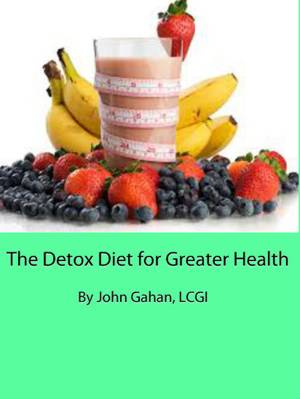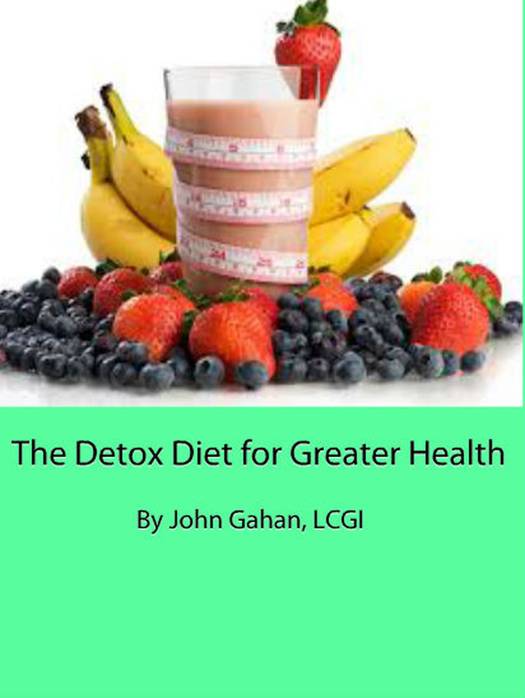
- Retrait gratuit dans votre magasin Club
- 7.000.000 titres dans notre catalogue
- Payer en toute sécurité
- Toujours un magasin près de chez vous
- Retrait gratuit dans votre magasin Club
- 7.000.0000 titres dans notre catalogue
- Payer en toute sécurité
- Toujours un magasin près de chez vous
Description
Detoxing can do more than make your eyes sparkle and your skin glow – it can boost energy levels, improve digestion and help shift a few unwanted kilos too.
While it may look like a fad diet – no grains, no alcohol, no milk, no sugar (and no fun) – a detox is far from a quick fix for weight loss. The purpose of any detox plan is to take the load off the organs that detoxify the body – the liver, kidneys and bowel – while at the same time supporting and improving their performance. If you want to fast track your health, give your body a break, or just want to detox diet for a short time, follow this safe and do-able seven-day program.
What to do
Check your diary and mark a week where you have a clean break from functions or events that might derail your detox, such as weddings, birthdays or special occasion meals. Some people may experience a 'cleansing' reaction in the first few days of detox, including headaches or loose bowel movements. This is due to the sudden withdrawal of certain foods, in addition to stimulation of detoxifying organs. These symptoms should subside in 24 to 48 hours.
Foods to avoid
Alcohol Cigarettes Milk products (except ½ cup unsweetened yoghurt with acidophilus each day) Sugar, honey, maple syrup, artificial sweeteners Coffee Grains: wheat (bread, biscuits, cakes, pasta), rye, barley, oats, spelt and rice Dried fruitFoods to enjoy
Fruit: any and all fresh fruit Vegetables: any and all fresh vegetables Fish: fresh, canned in water or olive oil Lean red meat, chicken (without the skin). Limit to two serves per week. Legumes: dried or canned, such as kidney beans, chickpeas, lentils Eggs: preferably organic Olive oil (preferably extra virgin), Coconut oil (unprocessed) Nuts: raw unsalted almonds, walnuts, macadamias and cashews Seeds: raw unsalted sesame, pumpkin and sunflower seeds Green tea, white tea, weak black tea (decaffeinated) Water: from one to three litres of water per daySpécifications
Parties prenantes
- Auteur(s) :
- Editeur:
Contenu
- Langue:
- Anglais
Caractéristiques
- EAN:
- 9781386443971
- Date de parution :
- 24-06-17
- Format:
- Ebook
- Protection digitale:
- /
- Format numérique:
- ePub

Les avis
Nous publions uniquement les avis qui respectent les conditions requises. Consultez nos conditions pour les avis.






